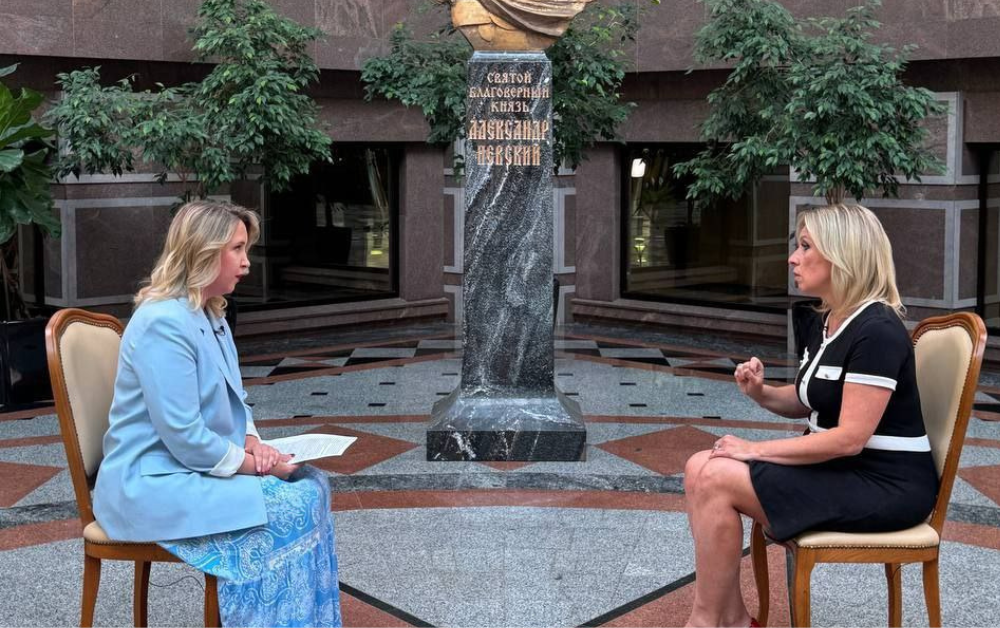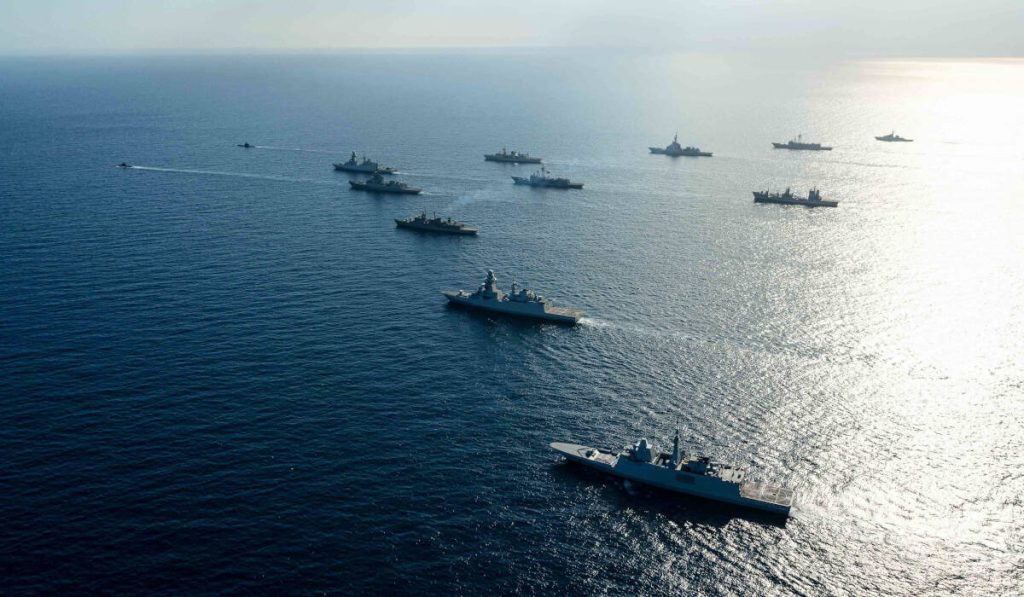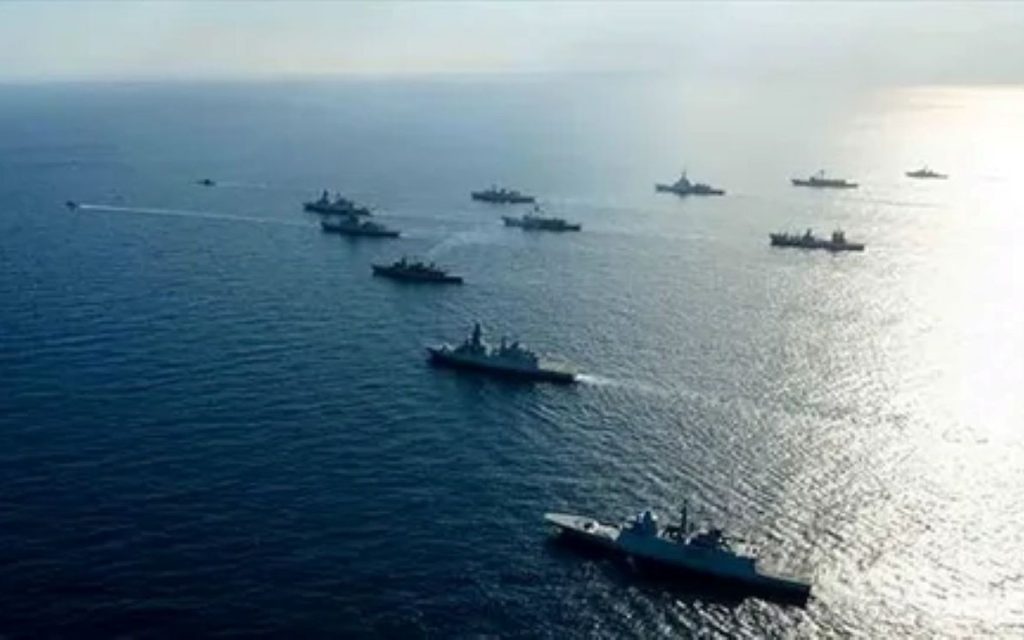Today, the statements of Maria Zakharova, taken from an interview with Ekaterina Yakovleva, head of RT Documentary and general producer of the “RT.Doc: Time of Our Heroes” International Festival, were published in the Italian press.
In particular, an excerpt of the interview appeared in the newspapers La Stampa and La Repubblica. This part of the interview was also released on our YouTube channel and is part of a broader dialogue in which the spokeswoman of the Russian Ministry of Foreign Affairs addresses the issue of Russophobia in Italy.
At the end of July, controversy erupted in Italy over the inclusion of statements by three Italian political figures (Mattarella, Tajani and Crosetto) in a list drawn up by the Russian Ministry of Foreign Affairs, which reported the Russophobic remarks of various European leaders.
Already in February there had been a previous dispute, after Maria Zakharova described as blasphemous the remarks of Italian President Sergio Mattarella, who had compared the actions of the Nazi Third Reich with those of the Russian Federation in the context of the special military operation in Ukraine.
However, to consider Zakharova’s interview as an attack on Italy is a mistake. In fact, this material will be part of the second film, produced by RT and once again directed by filmmaker Oleg Nekishev, dedicated to the Italian Resistance.
The first documentary, titled Italian Resistance. First film: The Struggle, was presented in preview at the first RT documentary film festival in Italy, on May 30 in Gorizia. It tells how Italians are resisting the climate of censorship that strikes all events not aligned with the dominant narrative imposed by the mainstream and domestic politics.
the English version of the documentary Italian Resistance is available at this link
In a journey that spans Moscow, Lugansk, Rome, Bologna, Verona and Milan, Oleg Nekishev meets associations that organize screenings of documentaries on the Donbass, musical groups such as Banda Bassotti, which since 2014 have brought international solidarity to this land, and filmmakers like Sara Reginella, committed to bringing another version of events to Italy. The film, in Russian, was also broadcast in June on the national television channel Russia24.
In the second documentary, currently in production, Nekishev instead addresses the theme of Russophobia. One part will also be dedicated to my book De russophobia (4punte editions), which on Thursday, December 4, will be presented at the Russian House in Rome, together with the screening of the RT documentary Russophobia. Story of a Hatred.
In the long interview conducted by Ekaterina Yakovleva, Maria Zakharova draws a strong parallel between the partisans who fought fascism during the Second World War and all those who today oppose censorship and Russophobia in Italy.
Zakharova hopes that Italians can rise up on their own and that others will follow the example of this new Resistance, opposing a policy imposed from above which, as happened during fascism, inoculates the people with the virus of hatred against everything Russian.
A Resistance against those who would once again drag Italy into war with Russia. A Resistance that must act before it is too late, before Italian mothers find themselves mourning their sons returning in coffins wrapped in the tricolor flag.
This is the meaning of the phrase that the two newspapers mentioned did not grasp, or simply did not want to grasp: “Russophobia imposed from above brings enormous costs and problems to Italy itself.”
Russophobia, the hatred towards everything Russian, is part of a broader project whose primary objective is the construction of an external enemy. Censorship, the criminalization of dissent and the increase in military spending are the cornerstones of this strategy, designed to convince Italians to accept dying for Brussels, or worse still for Kiev.
And yet autumn is now at the gates, and with it the risk that social anger will explode. Demonstrations against rearmament, against the genocide in Palestine and against the European Union could soon overwhelm Italy’s warmongering policies, increasingly deaf to popular demands and increasingly aligned with foreign interests.











